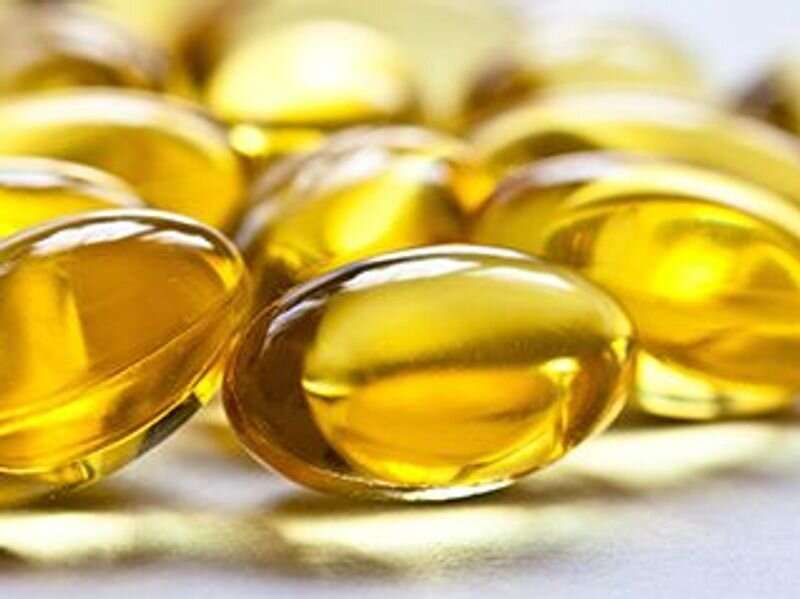(HealthDay)—A single high dose of vitamin D3 does not shorten length of stay or improve other outcomes among patients hospitalized for COVID-19, according to a study published online Feb. 17 in the Journal of the American Medical Association.
Igor H. Murai, Ph.D., from the University of Sao Paulo in Brazil, and colleagues randomly assigned hospitalized patients with moderate-to-severe COVID-19 (June 2 to August 27, 2020) to receive a single oral dose of 200,000 IU of vitamin D3 (120 patients) or placebo (120 patients).
The researchers found that the median length of stay was not significantly different between the vitamin D3 and placebo groups (seven days for both; unadjusted hazard ratio for hospital discharge, 1.07; 95 percent confidence interval [CI], 0.82 to 1.39; P = 0.62). The groups were also similar with respect to in-hospital mortality (7.6 versus 5.1 percent; difference, 2.5 percent; 95 percent CI, –4.1 to 9.2 percent; P = 0.43), admission to the intensive care unit (16.0 versus 21.2 percent; difference, –5.2 percent; 95 percent CI, –15.1 to 4.7 percent; P = 0.30), and need for mechanical ventilation (7.6 versus 14.4 percent; difference, –6.8 percent; 95 percent CI, –15.1 to 1.2 percent; P = 0.09). There were increases observed in the mean serum levels of 25-hydroxyvitamin D after the single dose of vitamin D3 versus placebo (44.4 versus 19.8 ng/mL; difference, 24.1 ng/mL; 95 percent CI, 19.5 to 28.7; P < 0.001). No adverse events were reported, although there was an episode of vomiting associated with the intervention.
"The findings do not support the use of a high dose of vitamin D3 for treatment of moderate-to-severe COVID-19," the authors write.
More information:
Abstract/Full Text
Editorial
Journal information: Journal of the American Medical Association
Copyright © 2020 HealthDay. All rights reserved.























